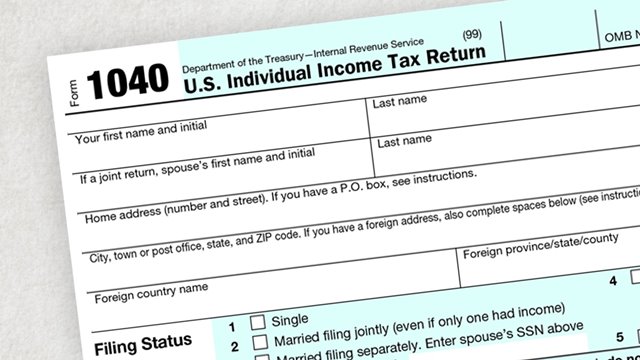When it comes to tax reform, the number one concern for small businesses is that lawmakers will reduce their tax breaks without lowering their tax rates much, if at all.
That’s a key takeaway from a new survey of 950 small businesses conducted by the National Small Business Association. Nearly half of those surveyed employ between 1 and 4 people full time, while a quarter have between 10 and 99 employees.
Small businesses worry that lawmakers may end up lowering tax rates for corporations but not for small businesses — and that Congress will pay for those rate cuts by reducing all businesses’ tax breaks.
“Doing corporate tax reform alone not only doesn’t help us, it hurts us,” said NSBA spokeswoman Molly Day.
That’s because most small businesses file under the individual tax code, but they take many of the same business tax breaks that corporations do.
So if those breaks are reduced or go away under a corporate tax reform plan, but individual tax rates aren’t lowered, that will be a hit to small businesses’ bottom line.
It’s been hard to read the tea leaves on taxes this year. The Trump administration has changed its tune on tax reform more than once when it comes to who’s leading the charge, when it will happen and what it will look like.
At least for now, though, the stated Republican goal is still to work on a full overhaul of both the corporate and individual tax codes.
But given President Trump’s need for a legislative win — and the very slim prospects he’ll get one with Obamacare repeal — if Republicans can’t deliver comprehensive tax reform, they may be tempted to just focus on corporate tax reform to fulfill at least part of Trump’s campaign promise.
Should Congress, however, continue to pursue full reform, other findings from the NSBA survey shed some light on where small businesses may come down.
Tax rates: Nearly half of respondents said the top business tax rate for both corporation and small businesses should be between 20% and 28%. Today the top rate for corporations is 35% and the top rate for businesses filing under the individual code is 39.6%.
The border adjustment tax: House Republicans’ proposal to change how imports and exports are taxed has divided the larger business community into two camps: Love It and Hate It. Adopting a BAT would be a huge change to corporate taxation and has drawn mixed reviews from the White House.
But the majority of NSBA survey respondents (67%) said a BAT wouldn’t directly impact their businesses because they neither export nor import.



